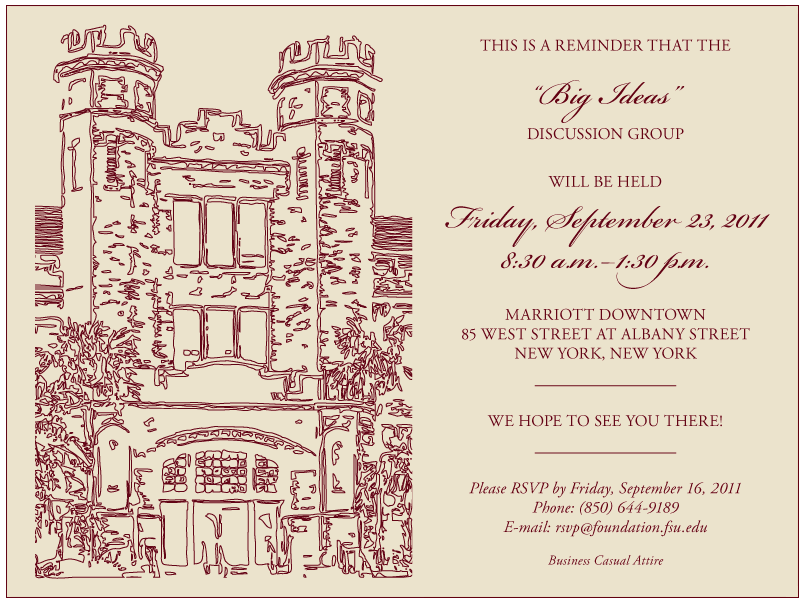[Read parts 2 and 3 of this story]
For three years, I worked as an IT Consultant with Accenture. By almost any metric worth evaluating, it was a great job with tons of perks. The trouble is, I was miserable.
It wasn’t all doom and gloom at first of course. It was my first full-time job following college, and one that I was extremely excited about. I remember packing my car following graduation in Tallahassee, Florida and heading up to Atlanta to begin my new life.
When I was assigned to my first project (a gig requiring me to travel twice per week, to one of two cities), I was living the life. A change of scenery, new challenges, travel perks, and tons of extremely bright coworkers.
After a while, however, disappointment started to set in. Being on an airplane twice a week sounds exciting, but the reality of that lifestyle is far from appealing. Including taxis, airplanes, and shuttles, I used to travel about 40 hours per month.
Although the grind of the traveling was rough, what really drained my life was the work. It was some of the most unfulfilling, pointless, and tedious work I could have ever imagined. And since I had absolutely no interest in much of it, work that should have taken an hour often took me a day.
There were times when I could fake the funk and get into things, but those moments were fleeting. I was in a world where the race for promotions and praise was taken very seriously, and I felt like the only person there who absolutely didn’t care.
So why didn’t I just quit?
Well, I had no idea what else I would do. I had an IT degree and no real work experience, so my job with Accenture was a critical step in building the experience I needed professionally. And since I did what all brilliant, single 22 year old professionals do when they have no immediate plans on getting married (buy a five bedroom house in an Atlanta suburb), I had a mortgage to contend with.
I started building websites on the side for others, but I wasn’t making enough to consider it a viable income stream, and free time was always an issue. I remember fixing sites and restarting servers from my hotel rooms at 2am (needing to be awake in a few hours for work) and just feeling utter despair.
There just wasn’t enough time, and I just wasn’t making enough. I didn’t know how to run a profitable web design operation, and I wasn’t sure if that’s what I really wanted to do in the first place.
But I kept at it. And slowly, I started getting better, taking on bigger projects that paid better, and developed some real expertise. Meanwhile, I was as miserable as ever on the job.
So what happened when you finally did quit?
I remember it pretty vividly: it was a Friday and I had a (side hustle) client meeting scheduled before a remote presentation that I needed to make (day job). I knew it wasn’t the best idea, but I would soon find out how bad it was.
The thing is, I hadn’t been applying myself on the job. I was supposed be learning this exciting application that had the potential to bring me recognition, promotion, and increased responsibility. I wasn’t too terribly interested in any of those things though.
So during my presentation to my team, I floundered. It wasn’t just the noisy environment (I was trying to give it from a coffee shop since that was the closest place from my previous meeting location that had wifi). It wasn’t just the snarky coworkers (consulting is notorious for putting you in situations where hostile clients try to make life hell for you).
It was that I didn’t care.
And as a result of my apathy, my lack of preparation was on stage very publicly. It was bad but not a complete disaster, as the technology issues conspiring against us (plus the fact that I’m reasonably good on my feet) led to a “let’s try this again on Monday” decision, but the whole situation left me with a sinking feeling in my stomach.
That’s it?
That night, I experienced my first anxiety attack. I was shaken up by the day’s events, so I pulled it together and went to bed early. Saturday was uneventful, and Sunday rolled around quickly. As I began thinking about the next week (packing, the work, the unhappiness, etc.) I had another panic attack.
And this time, I didn’t ignore it. I called my manager, my mentor, and my parents with the news: I can’t do it anymore.
My manager convinced me to come in the that week (since flights were already booked, etc.), and I agreed. I was to take a week or two off following that, however. I boarded the flight the next morning feeling relieved that I had shared my unhappiness with others, and looking forward to Thursday (more on that later).
This would be my last week working for Accenture.

